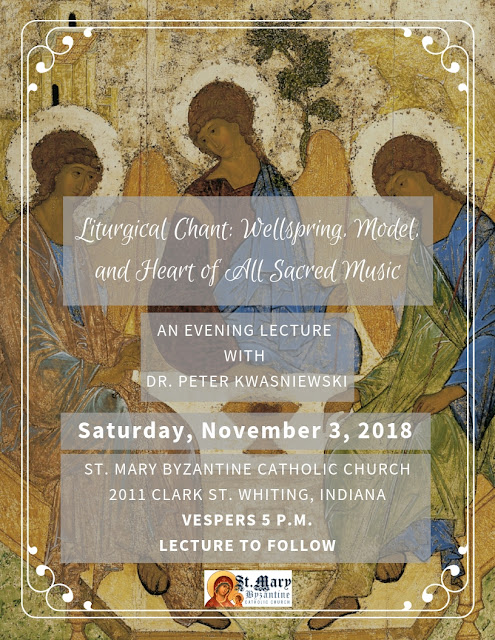The most astonishing demand of the "Synod Fathers" who approved their final document without actually reading it is in paragraph #146:
Well, well, well... We know what those "certification systems of Catholic sites" mean: a new form of censorship.
The old censorship, which was excellent in intent, tried to protect Catholics from books promoting heresy and immorality. But this was when many in the Vatican itself were not themselves promoting heresy and living in utter immorality.
You can just imagine that a man in the shape of Uncle Ted McCarrick could be in charge of this "Vatican Digital Commission" that would promote the "Vatican Certification" of acceptable websites: those promoting sodomy would be accepted, while those promoting the Baltimore Catechism would be rejected...























